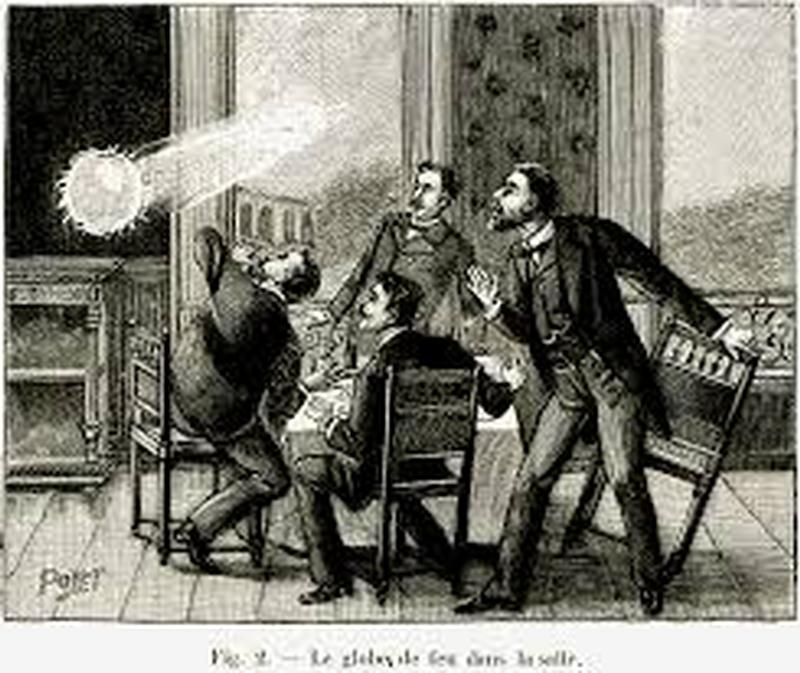Pushing Back Against the Concept of "As Measured Within Two Hours of Driving" When Defending DWI Cases in Minnesota

We've got a reputation as the DWI defense lawyers that mercilessly attack the use of "junk science" in the courtroom. And while we're perhaps best known for our successes defending DWI breath test cases, we bring our scientific background to bear against blood and urine tests all the time.
One area that deserves special attention is cases where the test results were obtained more than two hours after driving. Minnesota law defines DWI as being over the legal limit at any time at or within two hours of driving. If you think that means every alcohol test needs to be done within two hours, you're both very right . . . and very wrong.
Because tests taken more than two hours after driving are where a specific type of junk science can show it's face -- wearing the hat of "retrograde extrapolation." In it's basic form, retrograde extrapolation is not junk science. It's merely a tool (or rather, a formula) that scientists can use to estimate what a person's alcohol concentration was at a specific time in the past, based on a test result obtained at a later period in time. Retrograde extrapolation is well studied, well researched, and has been used repeatedly in court.
So why are we calling retrograde extrapolation junk science in the first paragraph, and then saying it's not junk science immediately after? That's because this is one of those situations where the devil is in the details. Estimating a person's alcohol concentration at some point in the past (say, one hour and thirty minutes after driving) when you have a test obtained at a later time (say, three hours after driving) is possible . . . but only if you have enough data.
And in all the cases where we've gotten stale test results thrown out of court, the State didn't have enough data. Not that they'd every admit it . . .
That's where the junk comes in -- when a government scientist tries to say our client was above the legal limit within two hours of driving, and impresses everyone in the courtroom by relying on the time-tested process of retrograde extrapolation. Many people have pled guilty, or been found guilty, because the State convinced them that it didn't matter that the test was taken outside of two hours.
Here's the catch: the biggest problem with retrograde extrapolation is what's known as the "consumption scenario," and how that affects the "post-absorptive phase." We'll define those terms in a later blog, but for now it's enough to know that unless a government witness knowswhat type of alcohol someone drank, how much alcohol was consumed, over what period of time, and how much food was in their stomach when the drinking started/ended, they are simply guessing at the "consuption scenario" and have no reasonable basis to testify that they know when a person reached the post-absorptive phase.
In plain English, we get these results thrown out of court because the State rarely has enough information to say when our client's alcohol concentration stopped going up and started going down. Their experts will take a test result of 0.14 and claim that our client was a 0.20 two hours after driving, relying on pure guesses regardig the consumption scenario. We can not only poke a dozen holes in that type of junk science, but turn it on its head and show that, with our own guesses, we can use retrograde extrapolation to claim that our client was a 0.04 two hours after driving, based on the exact same test result and the exact same formula.
That's when retrograde extrapolation goes from solid science to junk science -- when the experts resort to guessing (they call it "assumptions") in order to deceive judges and juries. And that's when we roll up our sleeves and get ready to put on a show, with the intent of getting our client's blood or breath test results thrown out of court. We've done it time and time again.
If you or someone you know is charged with DWI, whether or not someone was killed or injured, and that test wasn't taken within two hours, you need to call us. Junk science has no place in a courtroom, whether the case involves a tragic death or is a first-time 0.08 misdemeanor DWI.

